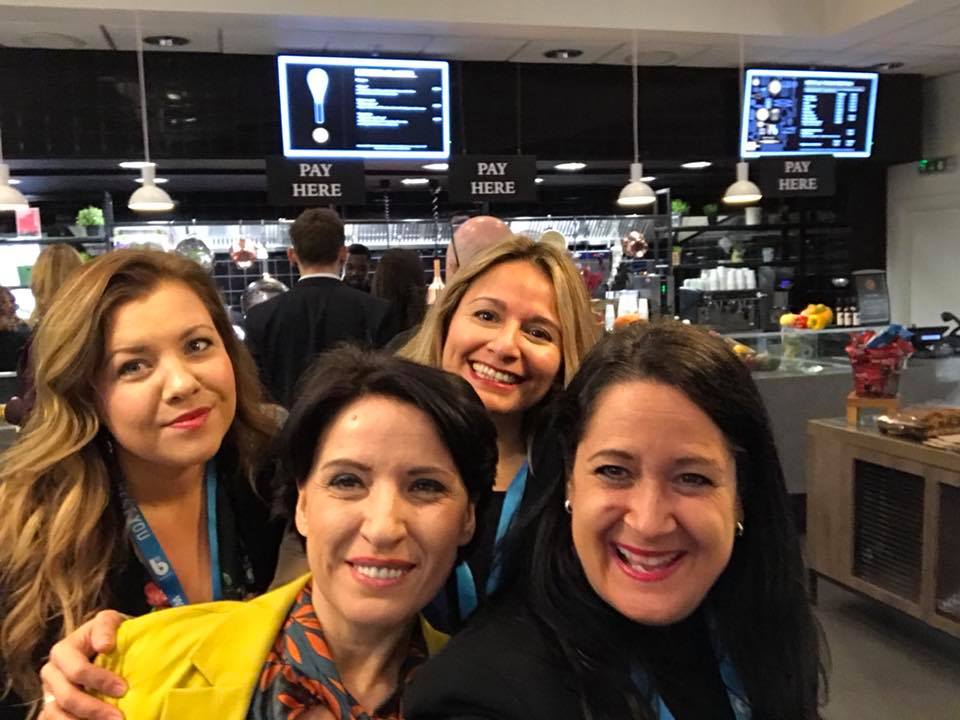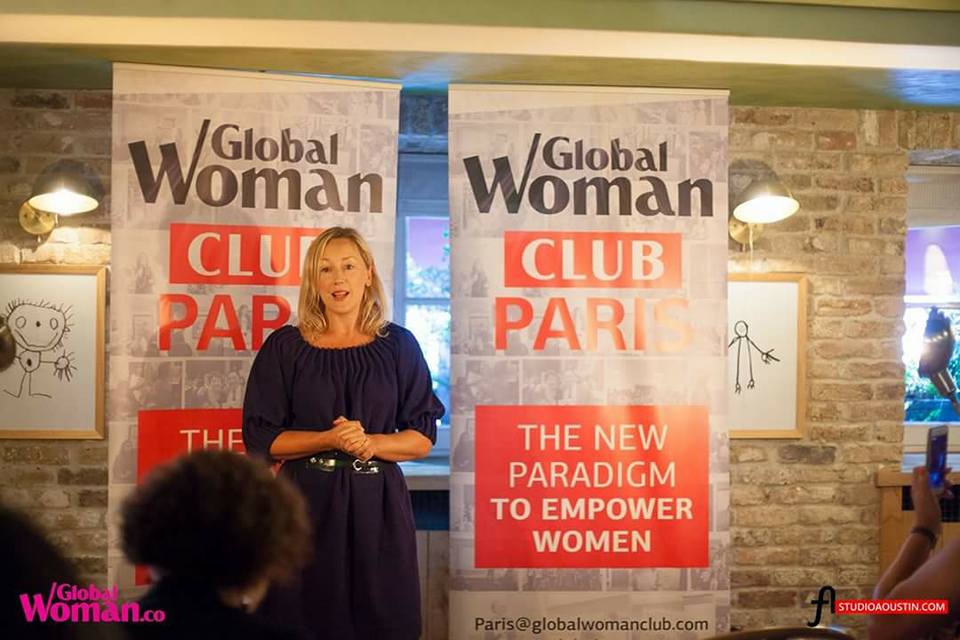I thought it would be useful to start a series of articles that explain some IT terms that you may have heard of and are wondering whether you should know about them or not worry. I’ll let you judge which applies for you. Part 2 next month.
RAM (Random Access Memory)
Your computer uses this memory to store computer programs and the information they need as your PC is working. The more memory that your computer contains the faster your PC will operate. The more complex the program the more RAM it will need when you are using it, and the newer the program is the more it will use too. If your computer starts to run slowly check if you can add extra memory into your PC before buying a new one. You need to be aware of this term when buying a new PC, the larger the quantity of RAM the better but that will up the price.
CPU (Central Processing Unit)
This acts as the computer’s “brain”, no PC can function without one. A PC may contain one or more CPUs. The higher the speed (measured in hertz) of a CPU the better. A CPU with a speed 100 Megahertz can process 100 million jobs per second, a CPU with a speed of 5 Gigahertz can process 5 billion jobs per second, and so on. Most CPUs nowadays also have multiple “cores”. The more CPUs and the more speed and the more cores each CPU has the faster your PC will run.
Storage in KB (kilobytes), MB (megabytes), GB (gigabytes) and TB (terabytes)
The amount of space a file or program takes up on your PC is measured by the number of bytes. For example, one character on the keyboard measures one byte. The more bytes you have on your PC or any device the more room you have to store files/music/photos etc. For example, a 3 minute MP3 music track is about 3 Megabytes.
When you purchase a Windows PC the amount of storage and RAM will be measured as follows:
A Kilobyte = 1,024 bytes.
A Megabyte = 1,024 kilobytes.
A Gigabyte = 1,024 Megabytes.
A Terabyte = 1,024 Gigabytes.
If you buy external storage such as an external hard drive, for example, the amount of storage will be measured as follows:
A Kilobyte = 1000 bytes, a Megabyte = 1000 kilobytes and so on. It will depend which method their marketing department decides to use.
Operating System
This is the software that runs your PC, laptop, tablet and mobile phone. The User Interface is the front end of this software and is the bit we see and use. The operating system uses a large amount storage space on your device, so it is important that when you upgrade your operating system, eg Windows 7 to Windows 10, you have enough storage space to do this plus enough room to continue saving your files.
External hard drive, USB stick and DVDs
These are all additional utilities that give you storage space to store your files. External hard drives, that can plug into your PC, are generally used to store back ups of your PC and files. USB sticks have smaller amounts of storage but again can be used to back up files and are great for transporting files between computers. DVDs provide even less storage but again can be used to back-up your files (these are now being superseded by external hard drives and USB sticks). When you plug a USB stick or external hard drive into your PC just treat them like another folder on your PC. Don’t be tricked into buying or using additional software with these devices, this will just take up memory and storage on your PC unnecessarily.
If you have any questions on these terms please let me know.
Recommend0 recommendationsPublished in IT, Equipment ,Furniture & Stationery, Resources Library
















































